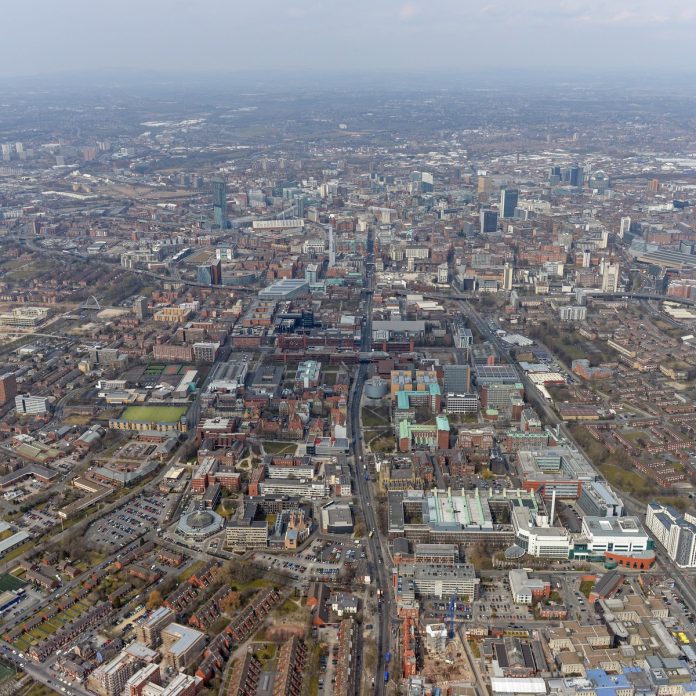The devolution deals which granted Greater Manchester increased control over a range of public services enabled them to make significant improvements in many parts of the health system, a unique study led by University of Manchester researchers has shown.
The study, which evaluated changes in Greater Manchester from 2016 to 2020 compared to the rest of England, is published in the journal Social Science & Medicine today(25/03/24).
It builds on previous evidence by investigating how changes in the health system may have led to increases in life expectancy in Greater Manchester over this period, analysing 98 measures of performance.
It was funded by The Health Foundation and supported by the National Institute for Health and Care Research (NIHR) Applied Research Collaboration Greater Manchester (ARC-GM).
According to the study, there were 11.1% fewer alcohol related hospital admissions, 11.6% fewer first time offenders, 14.4% fewer hospital admissions for violence, and 3.1% fewer half school days missed from 2016 to 2020.
Same day GP appointments increased by 1.8% and unplanned A&E re-attendances were 2.7% lower, in line with increases in the GP and hospital workforce. Cancer screening rates also improved.
Adult social care effectiveness and overall satisfaction also improved by 17.6%, despite decreases in expenditure and staff.
However, adult obesity increased by 7.6% and median wait times for A&E treatment worsened by 12.2%. There were also mixed impacts of devolution on outpatient, mental health, maternity, and dental services.
The positive changes, argue the researchers, are likely to have been a result of different aspects of the Greater Manchester devolution deals.
These include the transfer of control over transformation funding for improving services to the Greater Manchester Health and Social Care Partnership, the development of collaborative relationships between the NHS agencies and local governments represented on the Greater Manchester Health and Social Care Partnership Board, or the impact of wider devolved public services.
The negative changes on other indicators, they add, are likely to be a result of difficulties local decision-makers had in re-prioritising how they used their resources given their limited powers to raise additional revenue through taxation or other means.
Lead author Dr Philip Britteon from The University of Manchester said: “This study provides new evidence on the impact of devolution on health and care services , focusing on a large set of performance measures.
“Our findings suggest that devolution in Greater Manchester was associated with broad improvements in health services, social determinants of health, and subsequently, health outcomes.”
Co-author Professor Matt Sutton from The University of Manchester and Deputy Director of the National Institute for Health and Care Research (NIHR) Applied Research Collaboration Greater Manchester (ARC-GM) said: “These improvements were achieved despite limited formal devolved authority and control over health and care resources, suggesting that other features of the health and wider devolution deals played an important role.
“However, improvements were not universal. Restricted formal powers are likely to have made it harder to fully reprioritise resources.”







